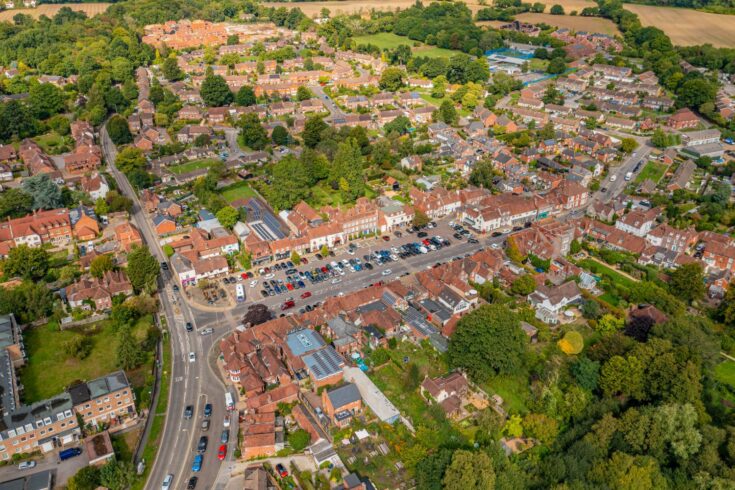Prospering from the energy revolution demonstrator trials show smart local energy systems can make a real contribution to net zero delivery, but barriers remain.
Background to the demonstrator trials
Findings from Innovate UK trials are showing that place-based energy projects could bring major benefits for towns and cities by:
- helping them decarbonise more rapidly
- supporting the drive to net zero
- catalysing investment right across the UK
At the same time, the trial projects have identified barriers in the way of rolling out such systems more widely.
2 new insight reports published by Innovate UK’s prospering from the energy revolution (PFER) challenge highlight the findings of the projects in 2 key areas:
Smart local systems and the PFER challenge
A smart local energy system brings together energy generation, storage, demand and infrastructure and integrates them at a local level such as a town or city.
By balancing supply and demand locally, this approach could reduce the need to boost national networks, while bringing advantages in energy efficiency, carbon emissions and consumer cost.
Over the past 4 years, the £100 million PFER programme has funded more than 80 projects around the UK developing different aspects of local energy systems.
Projects range from data management tools, large-scale installations (such as batteries, renewable energy generation and electric vehicle charging hubs) to whole city-wide local energy markets.
Key findings
First report
The first report, ‘smart local energy systems: finance and investment’, looks at the potential returns and finance for such systems.
One project, Coventry’s Regional Energy Systems Operator, estimated that an integrated local energy system could be worth £721 million to the West Midlands region.
The report also finds that, while there is no shortage of potential private investment in local energy systems, investors are discouraged by unstable business models due to uncertainty and perceptions of risk.
Second report
The second report, ‘smart local energy systems: policy and regulation’, notes that, in the long run, localised approaches could support national policy aims, including:
- limiting costs for customers
- better energy security
- levelling-up
- economic development
At the same time, the trial projects have identified policy and regulatory barriers that exist. This includes the fact that current energy markets are designed for a centralised energy system, and the lack of a joined-up, ’whole systems’ approach.
New generation of locally-optimised energy systems
Rob Saunders, Director of the PFER challenge at Innovate UK, said:
It’s increasingly recognised that locally-integrated approaches to energy can bring major benefits, helping local communities to prosper while also helping deliver our net zero ambitions.
The findings from our demonstrators and design projects add strongly to the evidence of what could be achieved, but also highlight key obstacles in the way of local energy initiatives.
Our ambition is that the learnings from these projects will prove valuable to all involved in decarbonising energy across the UK, and help in clearing the way for a new generation of locally-optimised energy systems in our towns, cities and regions.
Further information
PFER is a challenge programme funded by UK Research and Innovation and delivered by Innovate UK.
From a start in 2018, the programme is investing around £104 million.
It has co-funded more than 80 projects around the UK to develop, trial and prove the benefits of smart integrated local energy systems.
Find out about the projects: smart local energy systems: the energy revolution takes shape.
With the funding programme due to end in 2023, Innovate UK is now assessing and communicating the outcomes and findings of the projects.
The aim is to help inform all those involved in the UK’s energy systems to understand the opportunities of localised energy approaches and how they might be realised.
Innovate UK commissioned Regen to work with the trial projects funded through the programme and identify the main findings based on their experience.
From this 3 short ‘insight brief’ reports have been produced:
- smart local energy systems: finance and investment
- smart local energy systems: policy and regulation
- smart local energy systems: skills and capabilities (to be published in late November)
A more comprehensive report covering these and other findings from the projects will follow in January 2023.
Top image: Credit: Aerial Essex, iStock, Getty Images Plus via Getty Images

